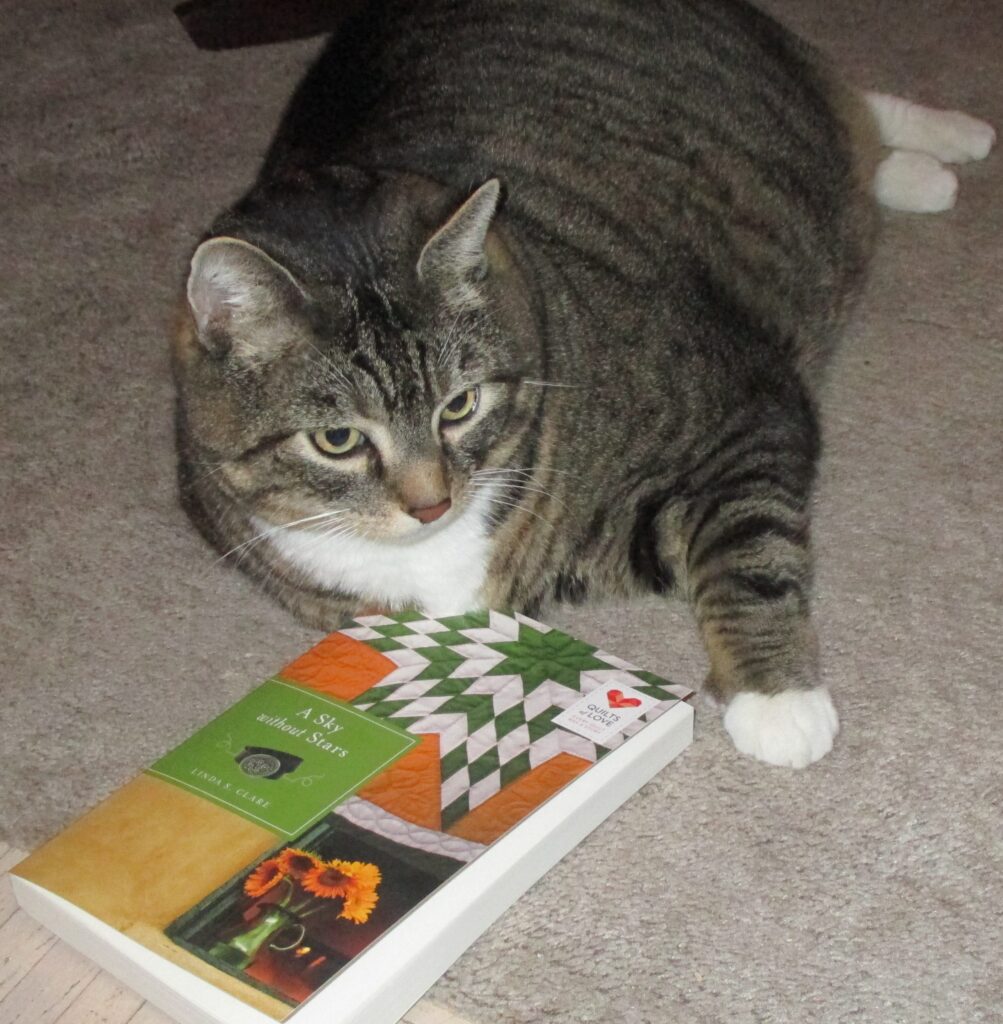
Summertime is often when writers attend conferences where editors and agents listen to pitches. What kind of nonfiction proposal should a writer have ready in case it’s requested?
Writing Tip for Today: Let’s discuss some of the sections every good nonfiction proposal should contain:
Act I
Your nonfiction book proposal should be as polished as possible, but you won’t simply shove it in a prospective agent or editor’s face. Take a brief description (often called a one-sheet) that sums up your project. The conversation and/or summary with an agent/editor is what you hope will trigger a request to see more. Here’s a summary of the basic proposal format:
Cover page should hold your book title, by you, centered, with the word count and your contact info at the bottom of the page. First up, a table of contents: Brief Description, Overview, Audience, Why this book, Format, About the Author (Publishing History, Marketing, Future Book Titles); Comparables, Chapter Outline, Sample Chapters.
A brief summary (a paragraph or two) of your project should be followed by your book’s Overview (what will this book cover?); intended audience (be specific and please don’t write “everybody.”) I find it helpful to imagine twelve real readers whom I believe will love my book. Then I can extrapolate their demographics. Why this book can be a paragraph identifying a felt need for readers. Format is basic twelve-point font, a good typeface (Times New Roman is standard) and book length in wordcount.
Act II
The second big part of your proposal convinces an agent/editor that you are the perfect person to write this book. If you’ve followed my advice, you’ve been steadily building a readership through your presence on social media, your activities (if your book is on animal rescue, you volunteer at an animal rescue), your educational/professional credentials only as they pertain to your book’s subject and perhaps a very brief bit about the passion and knowledge you bring.
If you are an unpublished author, you’ll want to write short essays/articles to build some solid credits. Enter a reputable contest or offer to write for an organization. Get some speaking experience through your church or community or join a Toastmaster’s. You’ll need all this when you have a published book in your hands. By starting early, an agent can see that you are serious about marketing and building a platform.
If you have no published work, just state, “This is my first book-length project.” No need to add that you hope the agent takes pity on you or that you’re the best writer in the world. Agents know everyone has to start somewhere. Just be honest and brief. However, in your Marketing section, you can list organizations or groups that you will speak to or interact with, be they online or face-to-face. This is where those groups you joined will come in handy—writing for publication means a lot of networking.

Always include your first chapter in your sample chapters.
Act III
In the last part of your proposal, your book takes center stage. First do serious research on Comparables (Complementary Books)—books already on the market that compete or are on the same topic. Compare and contrast five to ten contemporary titles, showing your knowledge of present-day books as well as how your book is different. Each book should be listed as you would for a bibliography, with a similar/different paragraph beneath the listing. Try to pick the newest books you can find and be sure to point out how your book is unique.
Next up, a chapter outline. Each chapter needs a title and one paragraph describing what that chapter covers. The agent/editor wants to see exactly how you intend to construct your topical slant—again, showing that you are the perfect person to write the book.
Last, but most importantly, your sample chapters give an actual feel for your writing skill, style and perspective. Three sample chapters are standard. ALWAYS include your first chapter, the rest can be from different parts of the book if you wish. Skipping the first chapter could signal that you don’t consider it your best work—and your opening must be your best work to hook readers. Writing nonfiction book proposals is labor-intensive, but a valuable resource to have if that conference agent/editor wants to see more of your work. Good Luck! Next time: Fiction Proposals




